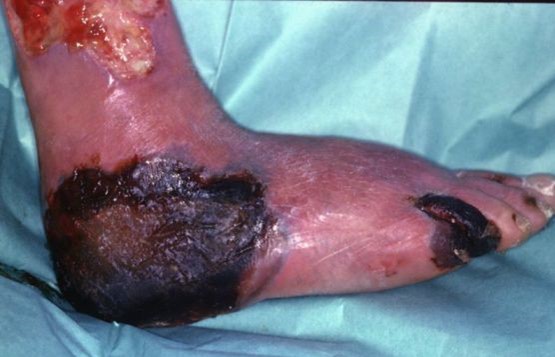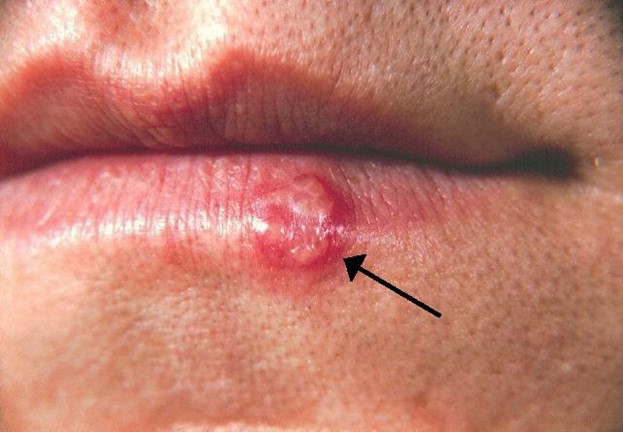The nurse is performing an assessment of the thyroid gland. In order to decrease the risk that the nurse will stimulate the release of large amounts of thyroid hormone, what should the nurse be sure to do?
Palpate gently without repeated attempts.
Not palpate the thyroid and just listen for a bruit.
Palpate firmly in order to feel the thyroid gland.
Continue to palpate the gland until it is felt for enlargement.
The Correct Answer is A
Palpate gently without repeated attempts. Palpating the thyroid gland can stimulate the release of thyroid hormone, which can result in a thyroid storm, a potentially life-threatening condition characterized by a rapid heart rate, fever, and high blood pressure. Therefore, the nurse should be careful not to overstimulate the thyroid gland.
Not palpating the thyroid and just listening for a bruit (B) is not a sufficient assessment of the thyroid gland. Palpating the gland firmly in order to feel it for enlargement (C) can be too stimulating and increase the risk of thyroid hormone release. Continuing to palpate the gland until it is felt for enlargement (D) is not necessary and may result in overstimulation of the gland.
Nursing Test Bank
Naxlex Comprehensive Predictor Exams
Related Questions
Correct Answer is D
Explanation
Necrosis. Necrosis is the death of cells or tissue due to disease, injury, or lack of blood supply. In the process of tissue injury, necrosis occurs in the deepest and most severe area of injury.

Choice A, Hyperemia is an increase in blood flow to an area, causing redness and warmth.
Choice B, Coagulation is the process of blood clotting.
Choice C, Stasis is a reduction in blood flow to an area, causing blood to pool and resulting in tissue hypoxia.
Correct Answer is D
Explanation
Herpes remains dormant in the body and can recur at any time, which is important information for the nurse to understand when discussing sexually transmitted infections with clients.
Gonorrhea, chlamydia, and syphilis can be treated with antibiotics, so they do not remain dormant in the body.

Whether you are a student looking to ace your exams or a practicing nurse seeking to enhance your expertise , our nursing education contents will empower you with the confidence and competence to make a difference in the lives of patients and become a respected leader in the healthcare field.
Visit Naxlex, invest in your future and unlock endless possibilities with our unparalleled nursing education contents today
Report Wrong Answer on the Current Question
Do you disagree with the answer? If yes, what is your expected answer? Explain.
Kindly be descriptive with the issue you are facing.
